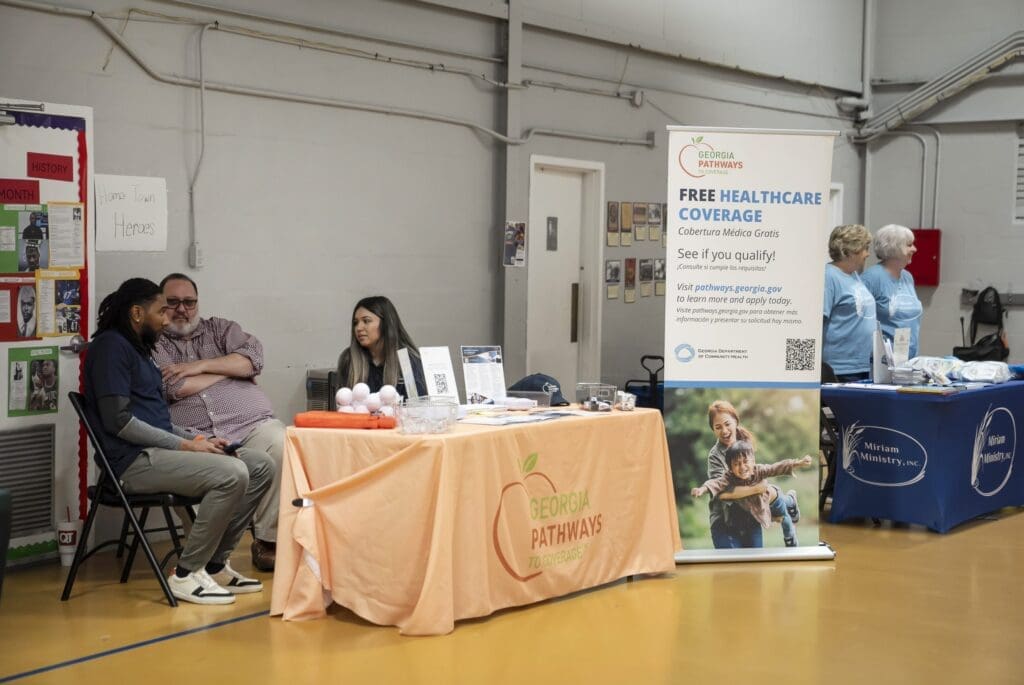Wellness That Matters: Black Health News & Community Care
Georgia has approximately 1.4 million uninsured adults, one of the highest rates in the nation. It also has the nation’s only Medicaid work experiment — a program called Georgia Pathways — that offers health insurance for low-income adults who can prove they are working, studying or volunteering 80 hours each month.
The Current GA in partnership with ProPublica reveals in a series of stories how the state awarded Deloitte Consulting tens of millions of dollars in taxpayer funds to promote Georgia Pathways, but has not linked the consultants’ work to enrollment goals. When a $10.7 million publicity contract started last summer, enrollment in Georgia Pathways was about 2% — when it ended in February, enrollment was under 3%.
See stories below.
Deloitte Consulting is taking in tens of millions in tax dollars to build, manage and market Georgia’s Medicaid work requirement program. Yet only 3% of eligible residents have enrolled.
A 54-year-old mechanic called Pathways to Coverage a “great program” at the governor’s press conference. But after getting kicked off the health insurance program for low-income Georgians twice, bureaucratic red tape has him at his wit’s end.
A draft bill being debated in the House of Representatives could make Georgia’s Medicaid work requirement program permanent for millions of low-income Americans, potentially cutting health care for 13.7 million people by 2034.
In January, Georgia Gov. Brian Kemp boasted that his experiment in Medicaid reform was a success, despite low enrollment numbers. Yet a report commissioned by the state and not yet publicly released suggested otherwise.
Related
Read the full article on the original site





